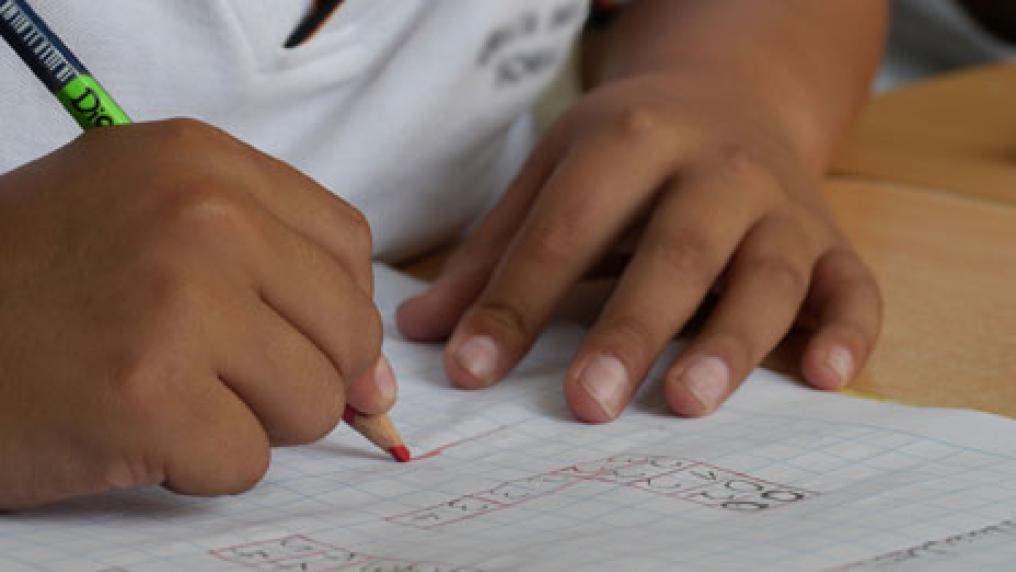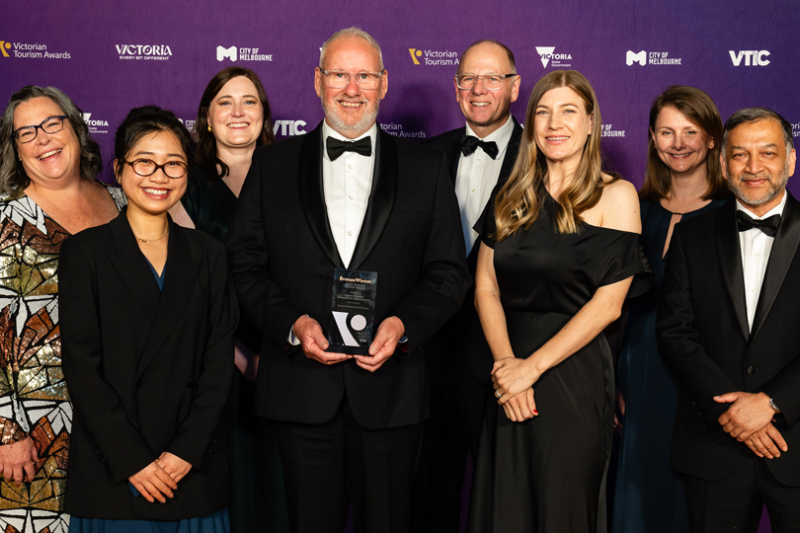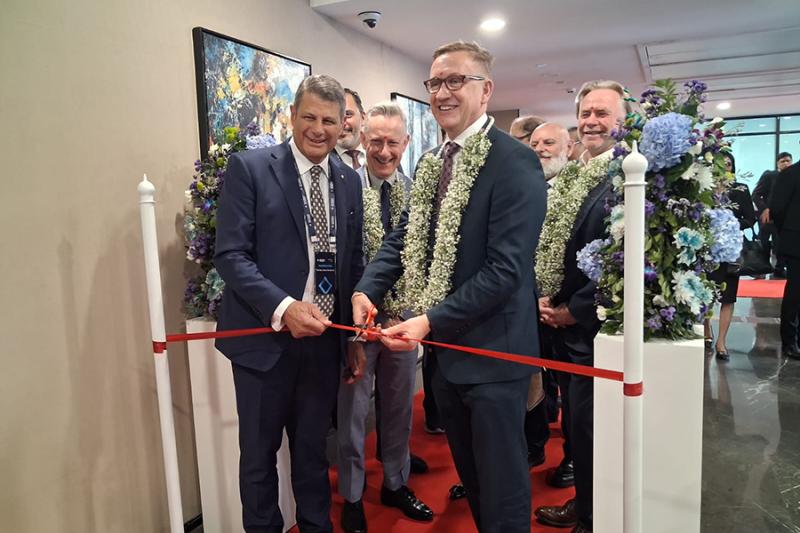VU’s top teachers tackle disadvantage

Victoria University will join a select group of Australian universities in a program that prepares high performing student-teachers for work in Melbourne’s most disadvantaged schools.
The National Exceptional Teaching for Disadvantaged Schools (NETDS) program will see 24 of VU’s high-performing third-year Bachelor of Education students placed at 20 secondary schools in Melbourne’s north and west starting next month.
Schools are identified as disadvantaged using the Index of Community Socio-Educational Advantage and other indicators.
The students will focus on inclusive teaching and student engagement strategies that are relevant to the complexities of teaching in high-poverty, often hard-to-staff classrooms.
They will also receive extensive and regular mentoring support.
College of Education lecturer Dr Julie Arnold said that it’s fitting VU was invited to add the NETDS program – developed at the Queensland University of Technology in 2009 – to its own teacher education curriculum.
"We already have strong relationships with many disadvantaged schools,” she said. “This program fits in well with our strong social justice ethos and will help our preservice teachers gain an even better understanding of teaching in low SES communities."
With strong evidence that exceptional teachers make the most difference in a child’s school success, the NETDS initiative is intentionally targeting academically-strong preservice teachers who often are snapped up by wealthy schools ahead of disadvantaged schools where they’re needed most.
Third-year education student Nicole Grigson will be among the first VU students to embark on the program, and said she’s honoured to be asked to join.
“I’m already doing a placement at a school that I never thought of as being disadvantaged,” she said. “I’m looking forward to learning how to have even more impact.”
The NETDS program – which was recognised by the Australian Institute for Teaching and School Leadership in 2013 – now involves seven Australian universities that educate about 200 preservice teachers a year.
Initial research indicates that many of the NETDS preservice teachers choose to launch their careers in low SES schools upon graduation.
Dr Arnold said the program offers an added bonus of increasing participants’ chances of finding a teaching job in an increasingly competitive profession.
“By learning how poverty, family circumstances, inequity, and discrimination influence educational achievement, graduates become even more in-demand,” she said.
The Eureka Benevolent Foundation, a philanthropic organisation, is funding Victoria University’s participation in the NETDS program.



